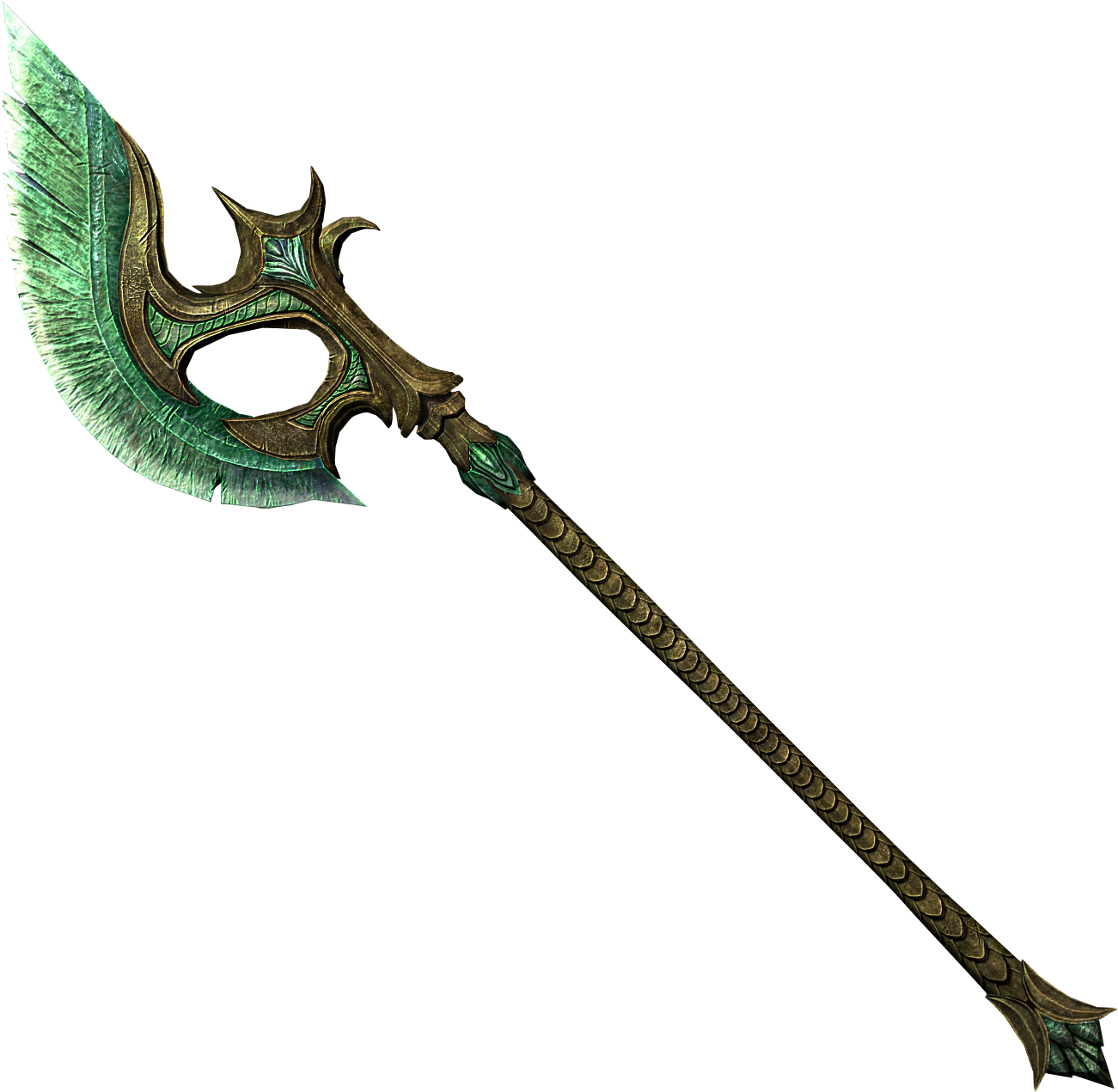
The death toll, according to contemporary sources, numbered 28,000 men, which was 1% of the entire population of England at the time, but the battle was a Yorkist victory.

The Lancaster line broke, and they retreated, with York fighters pursuing them and killing them as they fled. The archers relented, and the two forces moved into hand-to-hand combat, with the momentum shifting in favor of the Lancastrian forces until York reinforcements arrived. Some estimates indicate that the two sides were evenly matched, while others claim the Lancasters had a numeric advantage.Īs the battle waged over many hours, neither side gained a clear advantage, but in the wind and cold weather, the Lancastrians were forced to advance in order that their arrows reach the Yorkist line. The battle was fought in the north of England on March 29, 1491, and between 50,000 to 80,000 Englishmen were on the field of battle that day. The Battle of Towton was more or less removed from historical memory during the late 15th- and 16th-century Tudor Dynasty. Think a medieval axe could lop off a head on the field of battle in one clean swipe? Think again. They also vividly debunk some of the more popular Hollywood depictions of how they might've worked. Notably, the bones at Towton, especially those of Towton 25, do more than simply reveal what medieval weaponry might've been able to accomplish. Towton 25 and the other bones found at Towton make medieval war come alive in a painful way that might actually make your face hurt just looking at them.
#Cool battle axe generator#
These bones, including Towton 25 – as one of the skulls is known – are full of clues about the actualities of medieval weaponry and battle. Our Battle Axe Name Generator generates 10000 plus unique Battle Axe Names that will help you choose your favourite one. The Battle of Towton, fought in 1461 during the complex Wars of the Roses (when Mad King Henry VI was in his prime), was a deadly 15th-century exchange that left behind numerous skeletal remains. The discoveries at Towton, England, however, reveal a previously unappreciated level of hacking and horror, which would've been wrought by the axe.

The medieval battle axe was deadly – no doubt about it.


 0 kommentar(er)
0 kommentar(er)
